REAL LIFE
SUPERHEROES
UH Alumni On Front Lines In Hospitals
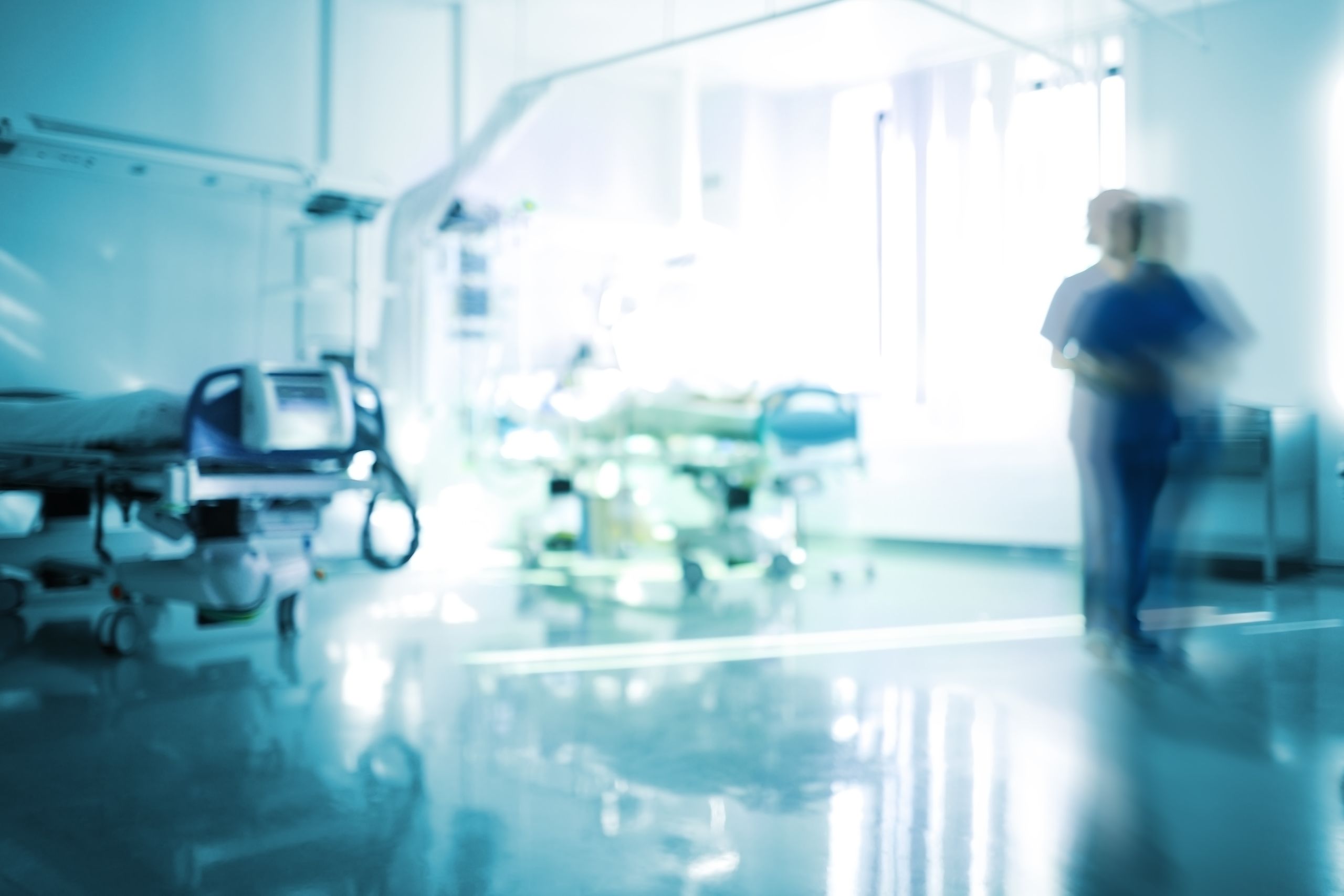
HOUSTON, April 16, 2020 — Working in the hospital’s intensive care unit, Dr. Kanta Velamuri found herself unable to understand what a young patient on a ventilator was struggling to communicate. The patient grew frustrated trying to use sign language and hand-draw letters on the bed, so Dr. Velamuri brought in laminated sheets of paper and a dry erase marker.
The patient finally was able to relay a message for Mom: “I’m okay. Don’t worry.”
It was a bright spot amid the stress of battling COVID-19 over the last month.
“It is a hard time for everyone — for the people getting sick, their families, the health care workers risking their own lives and those of their families, and the people whose jobs and livelihoods are affected by the shutdowns and social distancing,” said Dr. Velamuri, a critical care specialist and associate professor at Baylor College of Medicine and the Michael E. DeBakey VA Medical Center.
“We are all making these sacrifices for the good of everyone. We will have the hard task of rebuilding the economy when the peak is over, but right now, we need to focus on saving as many people as possible.”
Dr. Velamuri, who graduated with a master’s degree from the University of Houston College of Education in 2018, is one of countless alumni physicians serving the community amid the global outbreak of the novel coronavirus.
“Words cannot express the pride and gratitude we feel for our students and graduates who pursue careers of service and selflessly work to improve the lives of children and families every day,” said Bob McPherson, dean of the UH College of Education. “We can honor their service by continuing to practice social distancing and following the advice of the experts.”
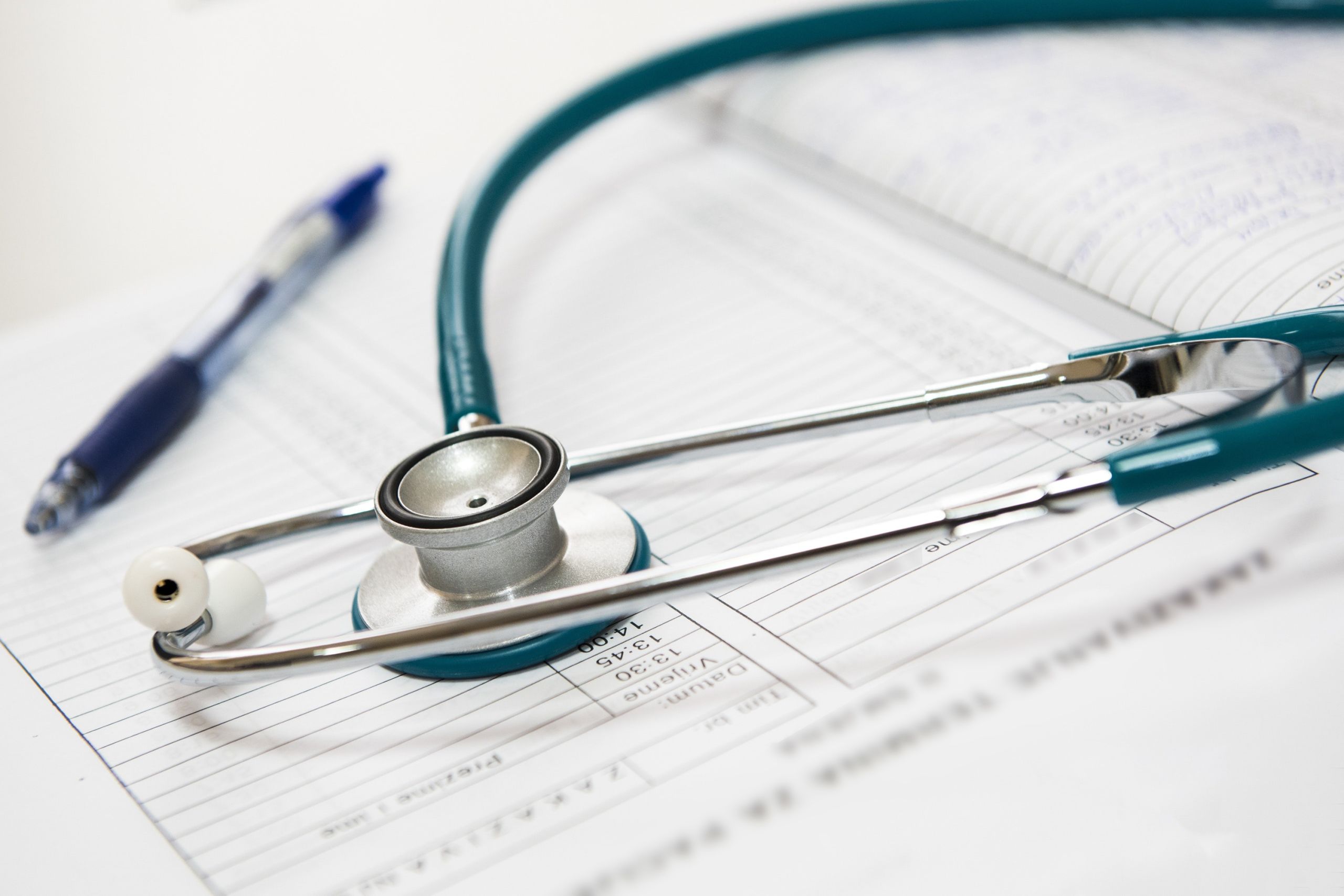
‘Grim Reality’
On the front lines, Dr. Velamuri recently worked 12-hour night shifts for a week in the ICU, helping patients confirmed or suspected of having COVID-19. When she was able to go home during that time, she self-quarantined from her family in a separate area of the house.
“I am so thankful to my husband and 15-year-old twins as well as extended family and friends for being a tremendous help and support during this time,” she said.
Dr. Velamuri has been immersed in reading publications about the disease and participating in conference calls with doctors in Italy, China and New York to learn about their experiences. New information comes out daily.
She also has shared information on social distancing and other important health facts to those in the local community and in her home country of India.
After completing her own ICU shift, she is now leading the efforts to educate and train the front-line staff who will be working with the COVID-19 patients, including nurses, respiratory therapists, advanced practice providers, trainee physicians and other attending physicians. On top of her medical expertise, she bolstered her teaching skills through the M.Ed. in curriculum and instruction program, with a specialization in health science education.
“The sadness and grim reality of the impact of COVID-19 on hospitals across the country and world where resources were overwhelmed by the number of patients may not be apparent to the general public. The importance of social distancing is to prevent such a situation from occurring in Houston,” she said. “Just like we support all our military personnel during times of war, please support our health care workers in their battle as they continue fighting while their friends and colleagues fall ill next to them.”
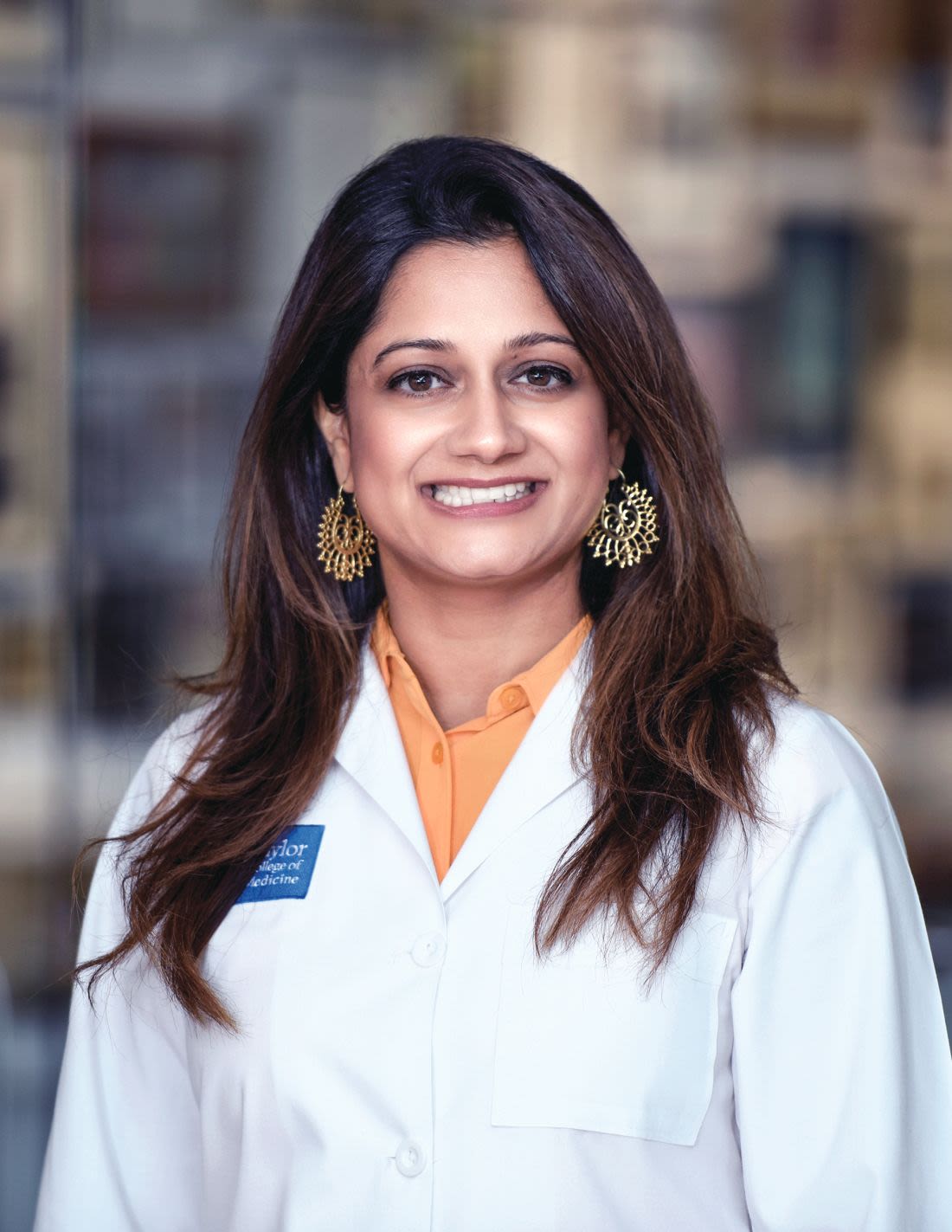
Dr. Kanta Velamuri works as a critical care specialist and associate professor at Baylor College of Medicine and the Michael E. DeBakey VA Medical Center.
Dr. Kanta Velamuri works as a critical care specialist and associate professor at Baylor College of Medicine and the Michael E. DeBakey VA Medical Center.
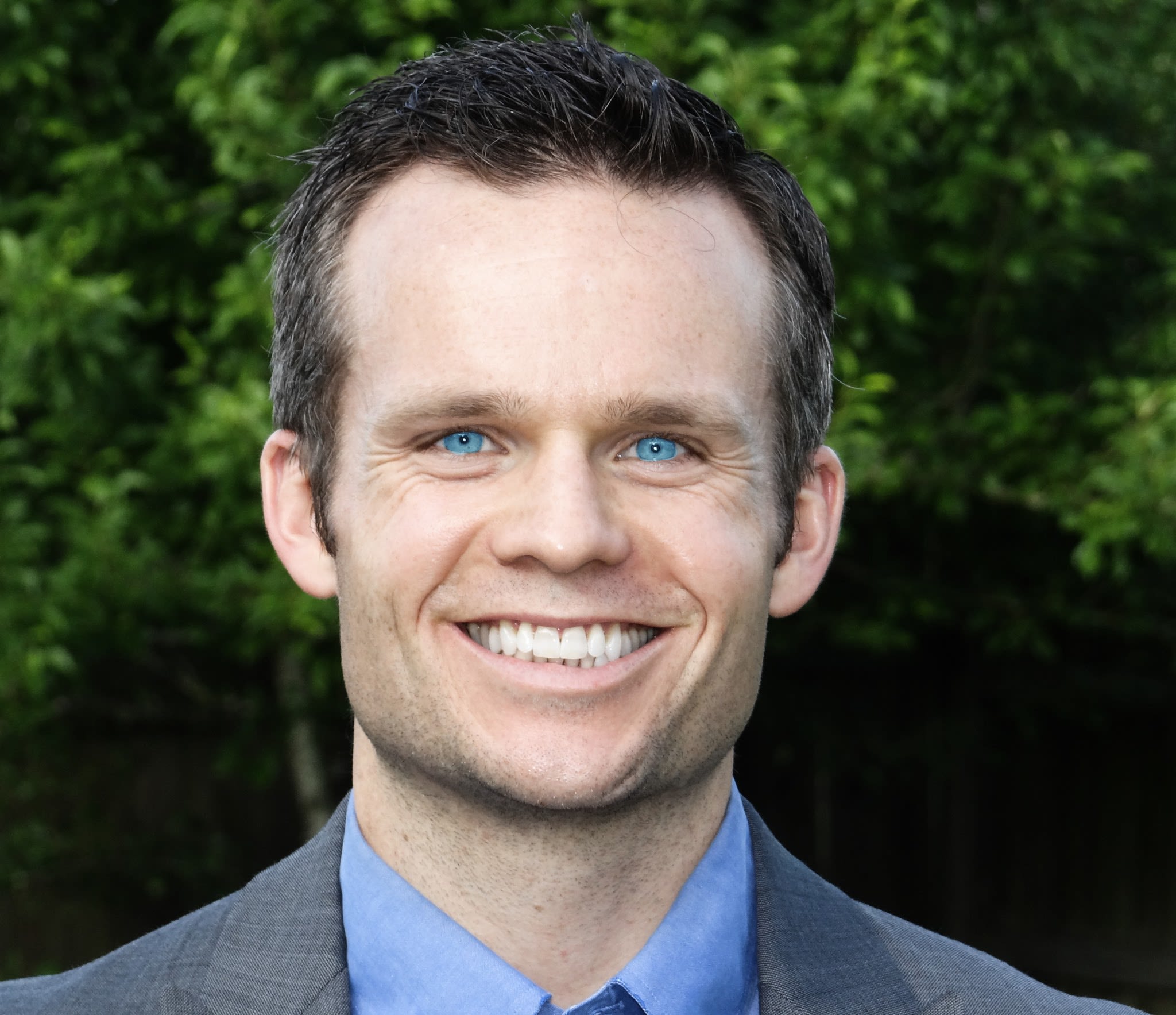
Dr. Shane Jenks, an emergency physician at Ben Taub Hospital, also oversees airway quality and education for his department and teaches residents.
Dr. Shane Jenks, an emergency physician at Ben Taub Hospital, also oversees airway quality and education for his department and teaches residents.
Remember Forever
Dr. Shane Jenks, an emergency physician at Ben Taub Hospital, had just delivered the worst possible news to a family: The patient had gone into cardiac arrest and could not be revived. On top of that, in an effort to try to reduce the spread of COVID-19, the family could not go into the patient’s room.
“Typically we would allow them to go and bereave at the bedside next to the deceased patient,” Dr. Jenks said. “To break the bad news to them and then to not allow them to go and say their goodbyes was hard. That is something I think I’ll remember for the rest of my life.”
Dr. Jenks also oversees airway quality and education for the hospital’s emergency department, working to ensure best practices for inserting breathing tubes, connecting ventilators and resuscitating patients. The process is high risk because of the possibility of contamination, he said, so he’s been continuously educating himself and developing protocols and simulations to prepare colleagues.
“Every week is different, and every week is struggling to try to figure out how to best manage these airways as our knowledge of this disease evolves,” said Dr. Jenks, who earned an M.Ed. in curriculum and instruction, with a specialization in health science education, from UH in 2016. “It’s definitely a challenge.”
In addition to his clinical duties, Dr. Jenks coordinates the teaching of residents – another challenge as they can’t meet face to face. Instead, they hold class via videoconference.
“Fortunately, with my Master of Education at the University of Houston, there was a big emphasis on online learning,” he said. “I’m aware of a lot of the tools and have practiced using some of the tools as part of my master’s. So, I’m very appreciative of having had that experience prior to being forced to having to teach this way.”
Dr. Jenks said his wife and five children, ages 3 to 15, are keeping him motivated. When they had a tough conversation about the possibility of him spending nights away from home, they agreed that he should stay at the hospital if needed.
“I was touched that they were willing to sacrifice like that,” he said.
Concerned and Motivated
Before heading to work, Dr. Daniel Rosen, an associate professor of pathology at the Michael E. DeBakey VA Medical Center and Baylor College of Medicine, gives a warm goodbye to his 6-year-old twins. He and his wife, also a physician, have tried to shield them from the daunting reality of COVID-19. The kids know they have to do their “school stuff” online because of a “bug,” he said.
Once at the hospital, he goes through screening and gets his temperature checked. Everyone he passes in the hall wears a mask but their friendly attitude comes through. He and his fellow pathologists do the laboratory testing to check for the virus that causes COVID-19.
Dr. Rosen, who serves as co-director of human tissue acquisition and pathology at the Dan L Duncan Cancer Center and a clinical adjunct associate professor at UH College of Medicine, is no stranger to health scares. He studied medicine in Argentina when the first cases of HIV were described and did his residency in pathology at Baylor College of Medicine during the H1N1 outbreak.
“I was not scared then but I am concerned now,” he said. “I am saddened to hear horrid stories of people dying, furloughed and laid off.”
As a medical educator, Dr. Rosen said he’s trying to find creative ways to teach medical students, residents and trainees.
“It has become a challenge to teach them when you cannot meet face to face or students cannot see patients. But this keeps me motivated,” said Dr. Rosen, who earned an M.Ed. in curriculum and instruction, with a specialization in health science education, from the UH College of Education, in 2015. “I like the challenge of finding new and better ways for teaching through technology.”
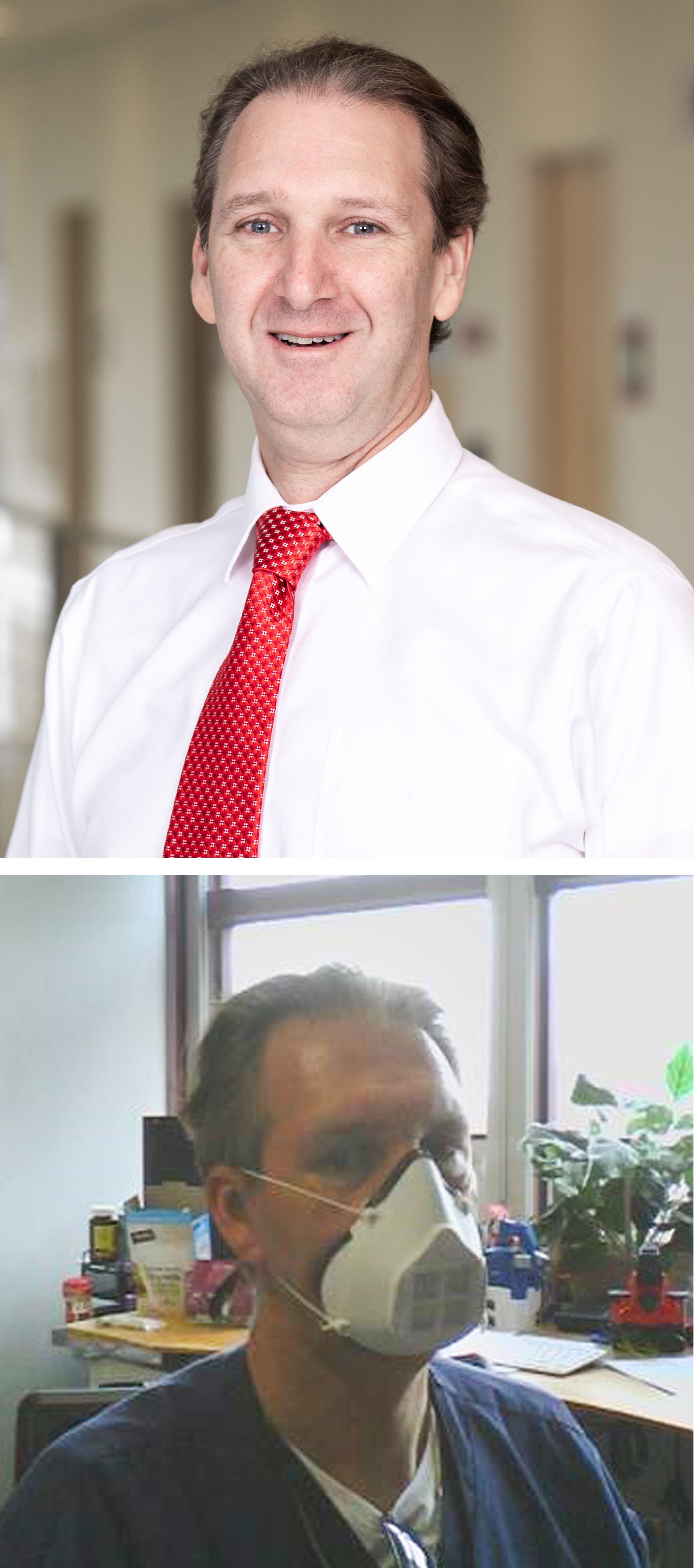
Dr. Daniel Rosen, an associate professor of pathology at the Michael E. DeBakey VA Medical Center and Baylor College of Medicine and a clinical adjunct associate professor at UH College of Medicine, wears a respirator he made with a 3D printer. He is making them for family and friends.
Dr. Daniel Rosen, an associate professor of pathology at the Michael E. DeBakey VA Medical Center and Baylor College of Medicine and a clinical adjunct associate professor at UH College of Medicine, wears a respirator he made with a 3D printer. He is making them for family and friends.
